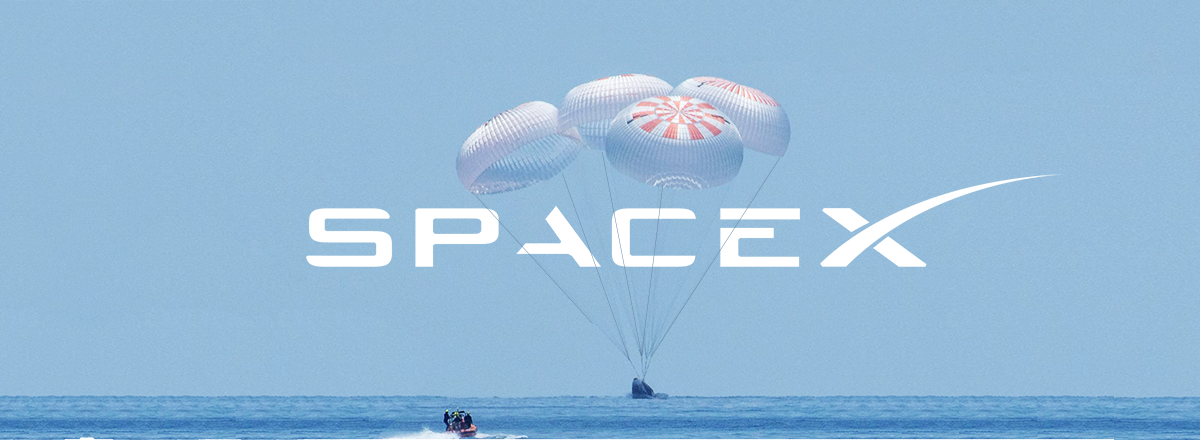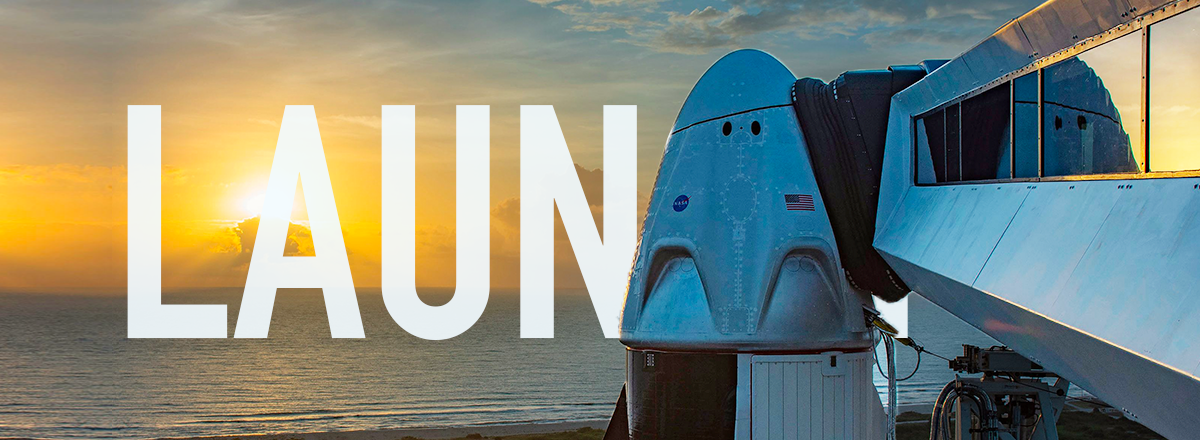NASA postpones the launch of the first official and contracted astronaut mission of the Crew Dragon spacecraft. SpaceX’s astronaut mission for NASA has been delayed until November this year due to an issue with the Falcon 9 rocket engines. On Saturday, the space agency announced that its Crew-1 joint mission with SpaceX would not take off until early-to-mid November.
We’re now targeting NET early-to-mid November for launch of @NASA’s SpaceX Crew-1 mission to the @Space_Station. The extra time will allow SpaceX to resolve an unexpected observation during a recent non-NASA launch attempt. More: https://t.co/sheWOD74m6 pic.twitter.com/YLq1Tb4LfN
— Kathy Lueders (@KathyLueders) October 10, 2020
As part of the Crew-1 mission, the Falcon 9 rocket was supposed to deliver the spacecraft to the International Space Station with Japan Aerospace Exploration Agency (JAXA) specialist Soichi Noguchi, as well as three NASA astronauts: Michael Hopkins, Victor Glover, and Shannon Walker.
Based on the plans, the mission participants were to stay on the ISS for about six months. The initially planned launch date was 2:40 AM ET on October 31. Nevertheless, the American space agency announced the postponement of the mission to early-mid November.
NASA explains that the delay will allow SpaceX to complete equipment testing and data analysis as the company evaluates an issue with its Falcon 9 rocket engines. During a recent non-NASA mission launch attempt, the company noticed abnormal behavior of the Falcon 9 first-stage engine gas generator, so this issue needs to be addressed.
“We have a strong working relationship with our SpaceX partner,” said Kathy Lueders, associate administrator of NASA’s Human Exploration and Operations Mission Directorate. “With the high cadence of missions SpaceX performs, it really gives us incredible insight into this commercial system and helps us make informed decisions about the status of our missions. The teams are actively working this finding on the engines, and we should be a lot smarter within the coming week.”
The recent attempt was presumably the attempt to launch the Falcon 9 launch vehicle carrying the third-generation Global Positioning Satellite (GPS III SV04), scheduled for Friday, October 2. SpaceX aborted a planned launch of the Falcon 9 rocket after an unexpected rise in pressure was detected in a gas generator two seconds before liftoff.
This mission’s abort was the second one for SpaceX in two days. Earlier, the launch of another Falcon 9 rocket was canceled. It was supposed to bring 60 Starlink satellites into orbit from Pad 39A of NASA’s Kennedy Space Center in Cape Canaveral. Its launch was aborted due to ground-sensor reading with 18 seconds left on the countdown clock.

This case is not the first delay of the Crew-1 mission. It was initially scheduled to launch in September, but was then postponed until Halloween to better coordinate schedules of astronauts traveling to and from the International Space Station.














